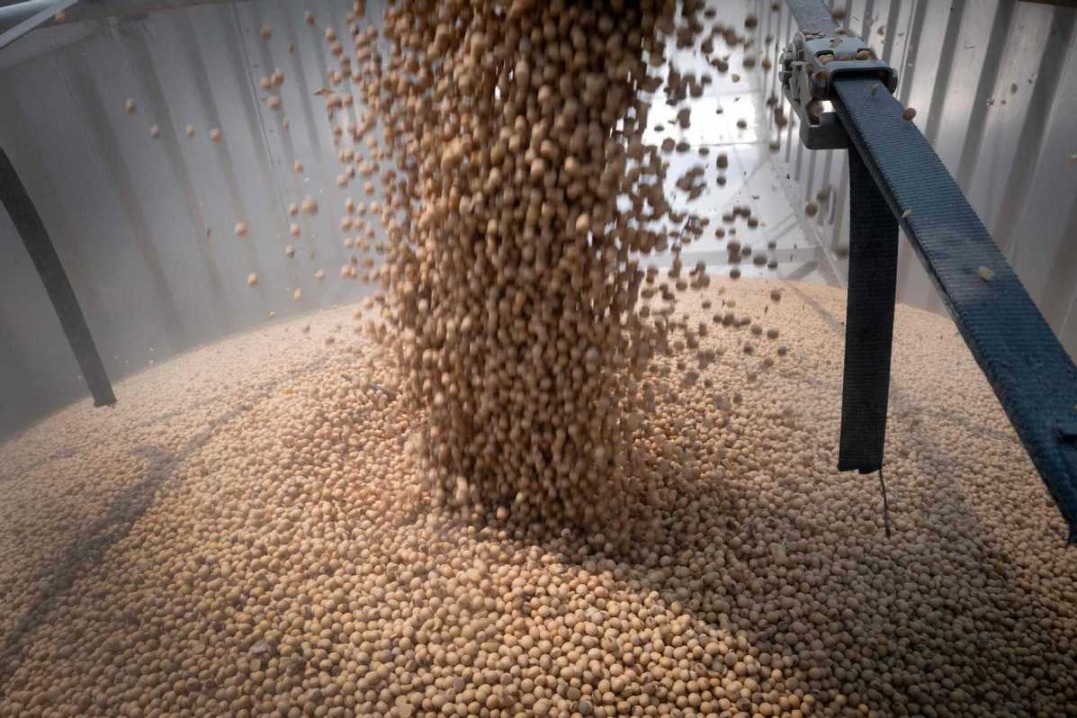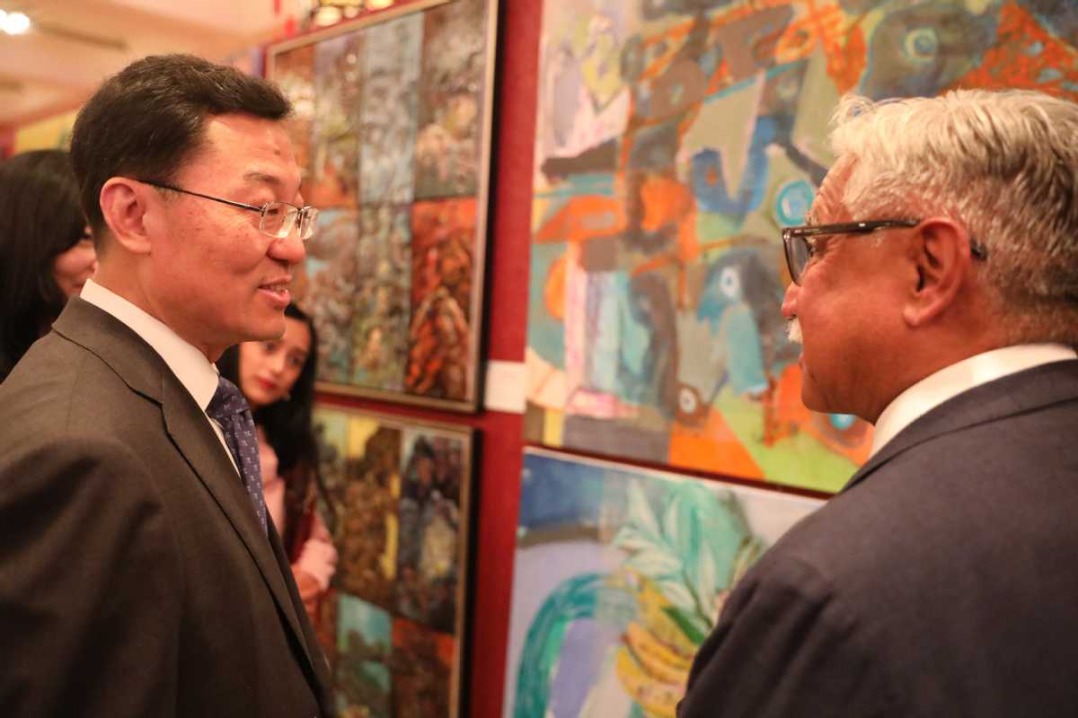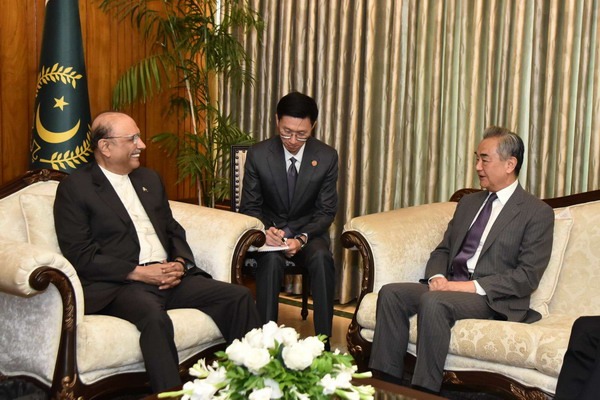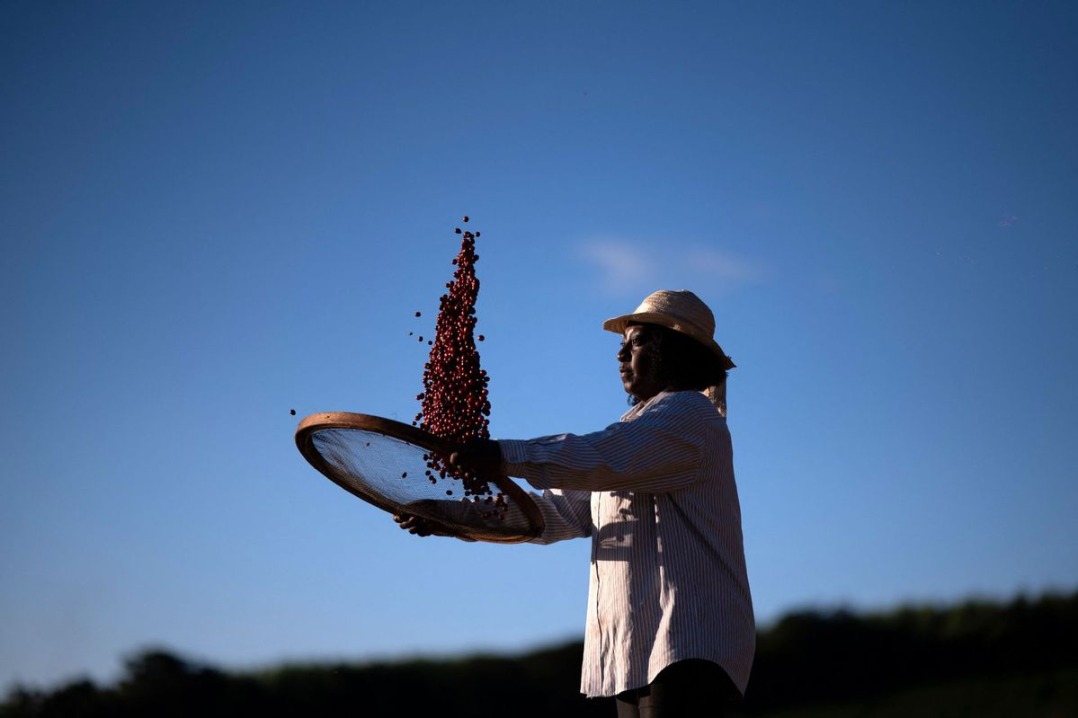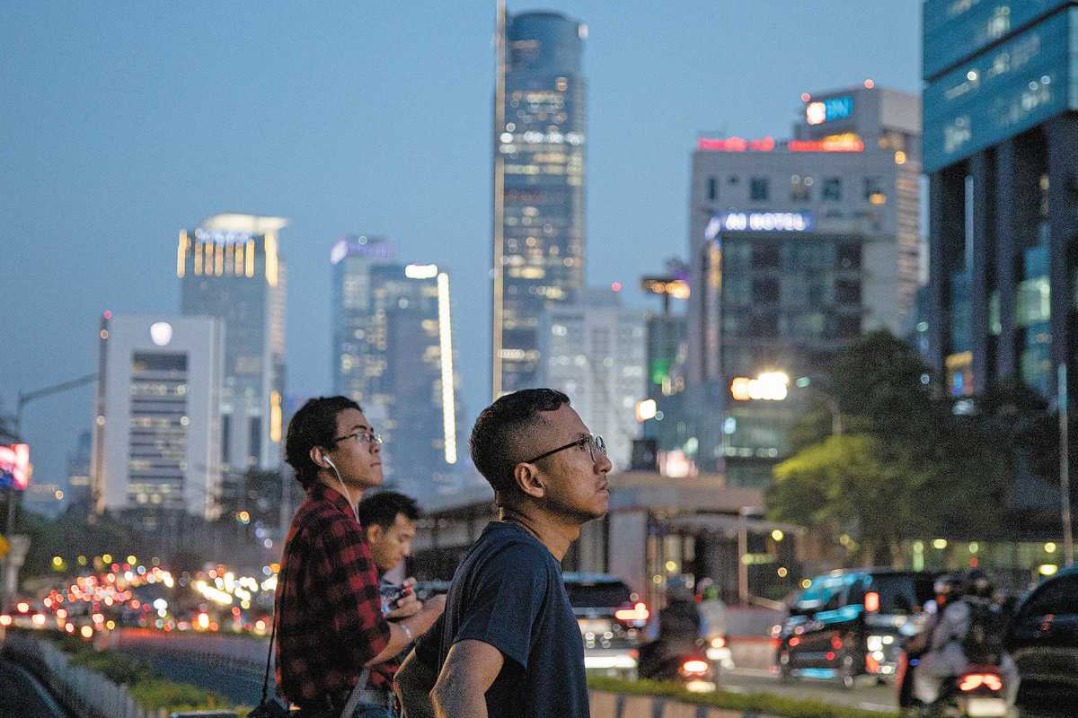South Australia can launch pilot projects with China, symposium told

The State of South Australia is expected to carry forward relations with China after cultivating a robust and enduring relationship with Chinese localities that spans several decades, according to a symposium.
The establishment of trade and investment offices in key Chinese cities such as Shanghai, Jinan, and Guangzhou stands as a testament to this ongoing engagement. A cornerstone of this partnership is the sister-state relationship with Shandong province, which has been maintained for more than 30 years, fostering mutual understanding and cooperation across a wide range of sectors.
At a symposium in the state capital of Adelaide on Aug 19, He Jiangchuan, deputy consul-general of the People's Republic of China in South Australia, said now is the right time to move the China-South Australia relationship "forward and for the better".
Speaking on behalf of Consul-General Li Dong, who was in Beijing, He said that China and South Australia enjoy "highly complementary economies with a solid foundation already established for industrial and market integration".
China is South Australia's biggest trading partner, with the latter's wine, lobsters, and barley highly sought after in China.
According to state data, South Australia's exports to China rose by 12 percent to A$4 billion ($2.57 billion) in the year to February 2025.
The symposium — organized by the University of South Australia's Centre for Enterprise Dynamics in Global Economies, in collaboration with the Chinese Chamber of Commerce in South Australia — examined the state's relationship with China.
He said that there are "great possibilities" for China and South Australia to launch pilot projects in key areas such as hydrogen energy, power storage, green agriculture, and prefab buildings.
"These initiatives will inject positive momentum into Asia-Pacific regional cooperation and global sustainable development, while providing greater certainty and stability," He said.
He added that new achievements in Chinese-style modernization "will provide new opportunities for the development of all countries in the world, including Australia".
The deputy consul-general said that international trade and investment are mutually beneficial and lead to win-win results, adding that reciprocal tariffs imposed by the United States on all its trading partners are the most disruptive global trade measure in nearly 80 years.
In a report released on July 22, the International Monetary Fund noted that the US' imposition of tariffs will reduce global demand in the short term and result in higher import prices and further intensify inflationary pressures.
He warned that tariffs have the potential of causing "long-term damage to the global economy".
"China and Australia are trading nations," the deputy consul-general said.
"We should jointly oppose unilateralism, protectionism, and maintain the international trade order and the stability of the global industrial chain and supply chain, thereby injecting more certainty and stability into the world economy."
He said practical cooperation between China and Australia "is gaining momentum".
"China and South Australia have laid a solid foundation for cooperation and achieved fruitful outcomes in aspects such as resources complementarity, industrial energy, people-to-people exchanges, and technological collaboration."
Speaking on Australia's role in the region, Professor Ying Zhu from the University of South Australia's business school said Australia finds itself at a significant juncture in the Asia-Pacific.
It comes at a time when shifts in security, trade, and environmental frameworks are redefining the regional landscape.
"As a middle power, Australia may not possess the largest capabilities, yet it has the ability to influence outcomes through extensive networks, established credibility, and principled leadership," he said.
Zhu said the challenge ahead for Australia is to "reposition the nation so it can safeguard its own security, expand prosperity, and strengthen the regional structure that fosters peace and opportunity for all".
A considerable body of scholarship and policy analysis positions Australia as a quintessential middle power. This status is characterized by a blend of capability, credibility, and connection such as diplomatic reach and multilateral engagement.
"Australia has the opportunity to sustain ASEAN (Association of Southeast Asian Nations) centrality, invest in crisis prevention, and strengthen regional governance. Although the security architecture of the region is becoming more collaborative, it remains complex, challenged by maritime disputes, cyber threats, disaster relief coordination, and climate-related risks," Zhu said.
Zhu added that Australia boasts a large, advanced economy which is deeply interconnected with Asian markets. While China remains a significant partner, Australia is diversifying its ties through mechanisms such as the Comprehensive and Progressive Agreement for Trans-Pacific Partnership, and with nations and regions such as Japan, South Korea, India, and Southeast Asia.

















